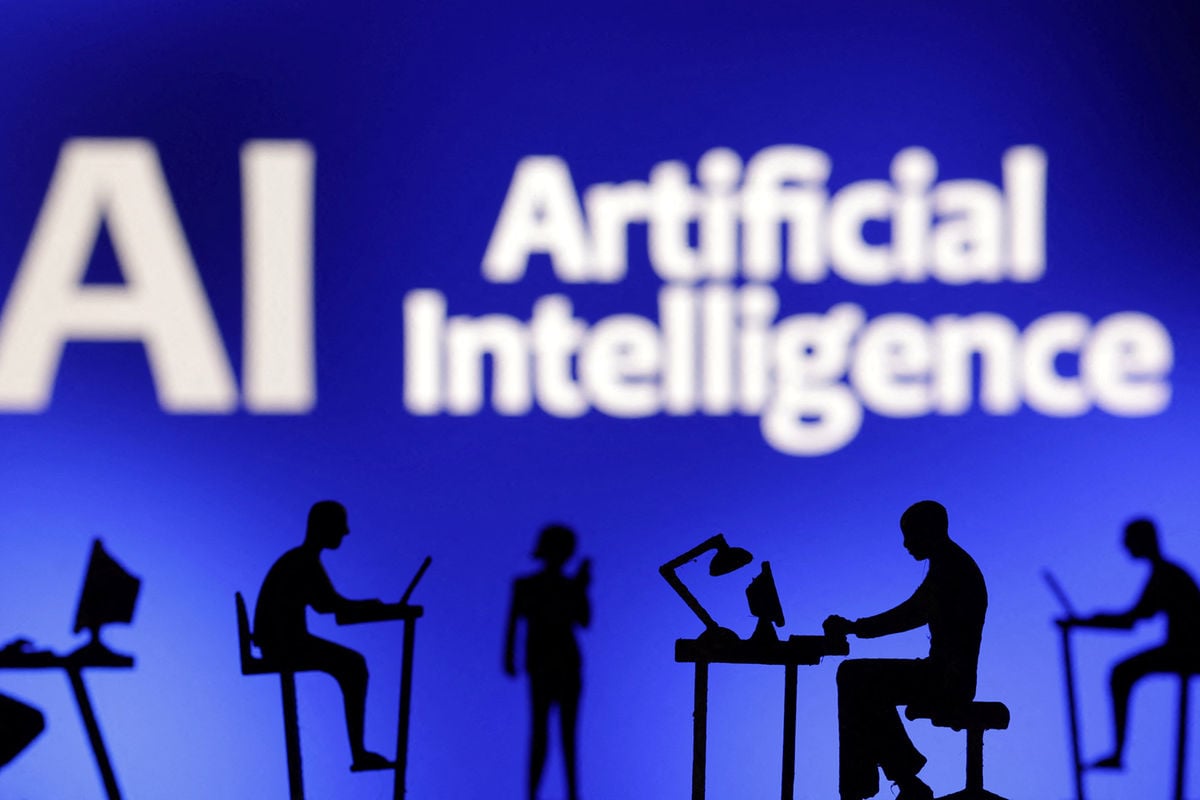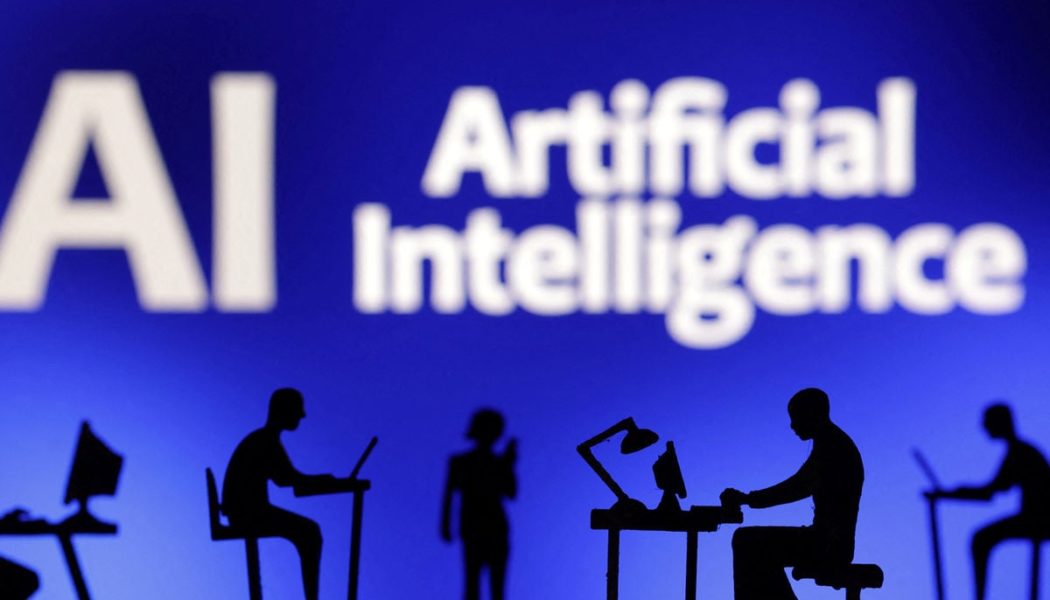
From education, finance to farming and health, artificial intelligence (AI) is disrupting how industries operate and with each upgrade of technology, its potential uses are amplified, and the healthcare space is no exception.
Today we are just at the beginning of the game-changing potential of AI.
I will not go into detail because this may mean writing a whole chapter but some of the most interesting areas in healthcare where AI is being deployed include disease diagnosis, finding new links between genetic codes, powering surgery-assisting robots, automating administrative tasks, and but not limited to personalising treatment options.
Locally, some organisations and health facilities are using AI systems. For example, Kirinyaga County has installed an AI system to enhance disease diagnostic services in the county.
The AI project is being implemented in partnership with the National TB Programme and Amref Health Africa, among other partners.
However, before we can declare AI a panacea for healthcare delivery many potential land mines must be carefully navigated. The most obvious is a false belief that AI can replace human judgment. Such an approach would be dangerous because while AI is powerful, it is still not infallible because of biases that can come in during data collection, system development and training.
If AI systems are trained on data that does not represent the diversity of the patient population, they may perform poorly for underrepresented groups. The upshot is the unfair treatment of certain patient groups.
Further, if healthcare professionals overrely on AI they can easily overlook clinical judgment or expertise which can potentially cause serious mistakes and medical errors.
Thirdly, as with all other technology, one cannot rule out the risk of data breaches and data misuse. Given the highly personal nature of healthcare data, the risks associated with such breaches are particularly significant, especially considering the vast amounts of data AI models rely on.
Thus, AI presents strategic policy issues. We will need to anticipate the legal, ethical and business controversies that AI will continuously pose in order to proactively address them across the health sector. Above all, we need to empower ourselves with techniques to mitigate AI risks as we adopt the technology and ensure that the AI systems we use are safe, can be trusted and are responsible.
There is no doubt that AI and data-driven technologies should play a key role in clinical decision-making in the future.
Health technology assessment of AI-based medical devices will consolidate evidence from well conducted clinical trials to ensure safety and performance requirements are met, and ethical standards applied.
Therefore, to harness AI’s potential while ensuring patient safety and ethical standards, regulators must remain proactive in adapting their regulatory frameworks to keep pace with rapid advancements in the technology.
Collaboration among AI developers, healthcare professionals, and regulatory agencies is crucial to navigate the challenges and opportunities presented by AI.









